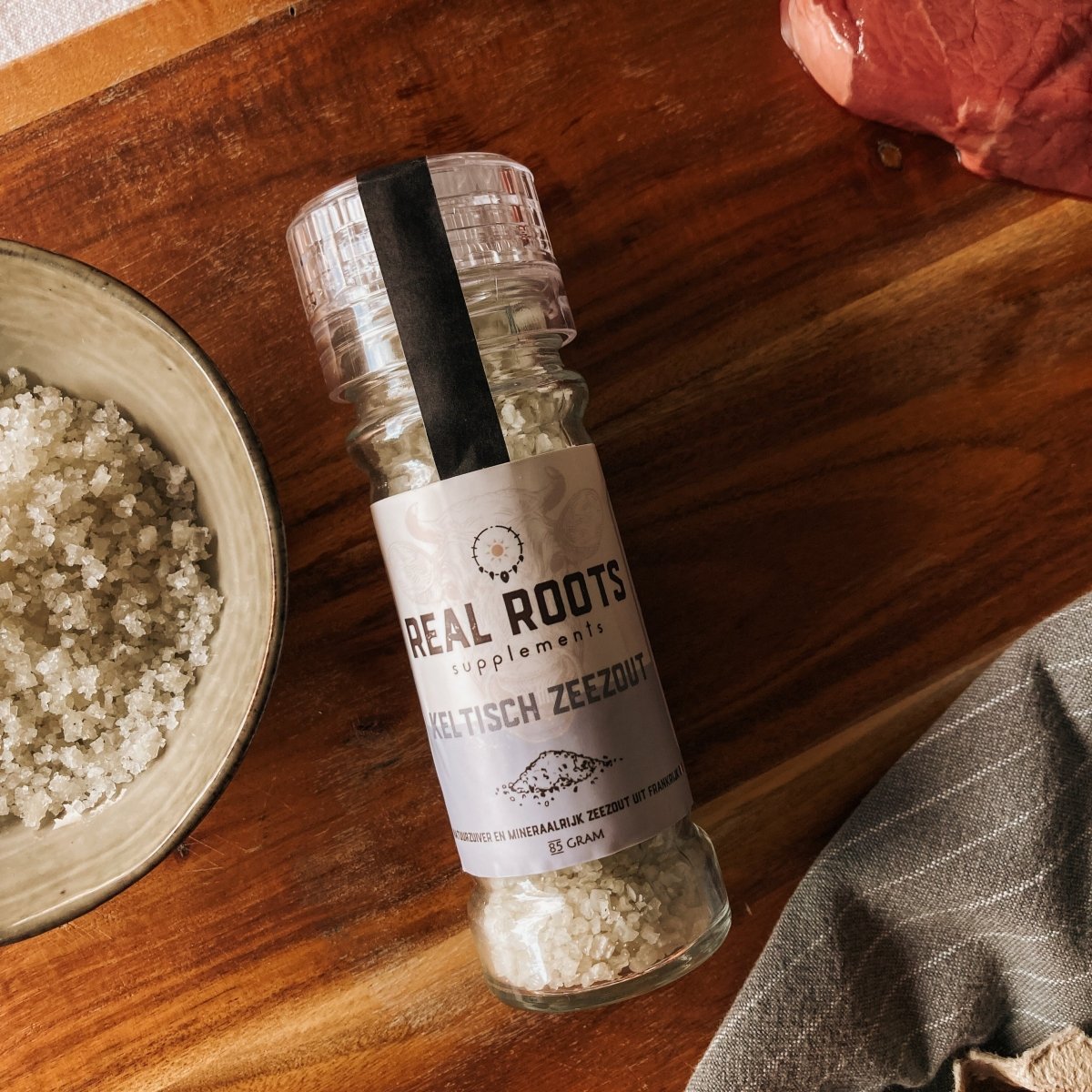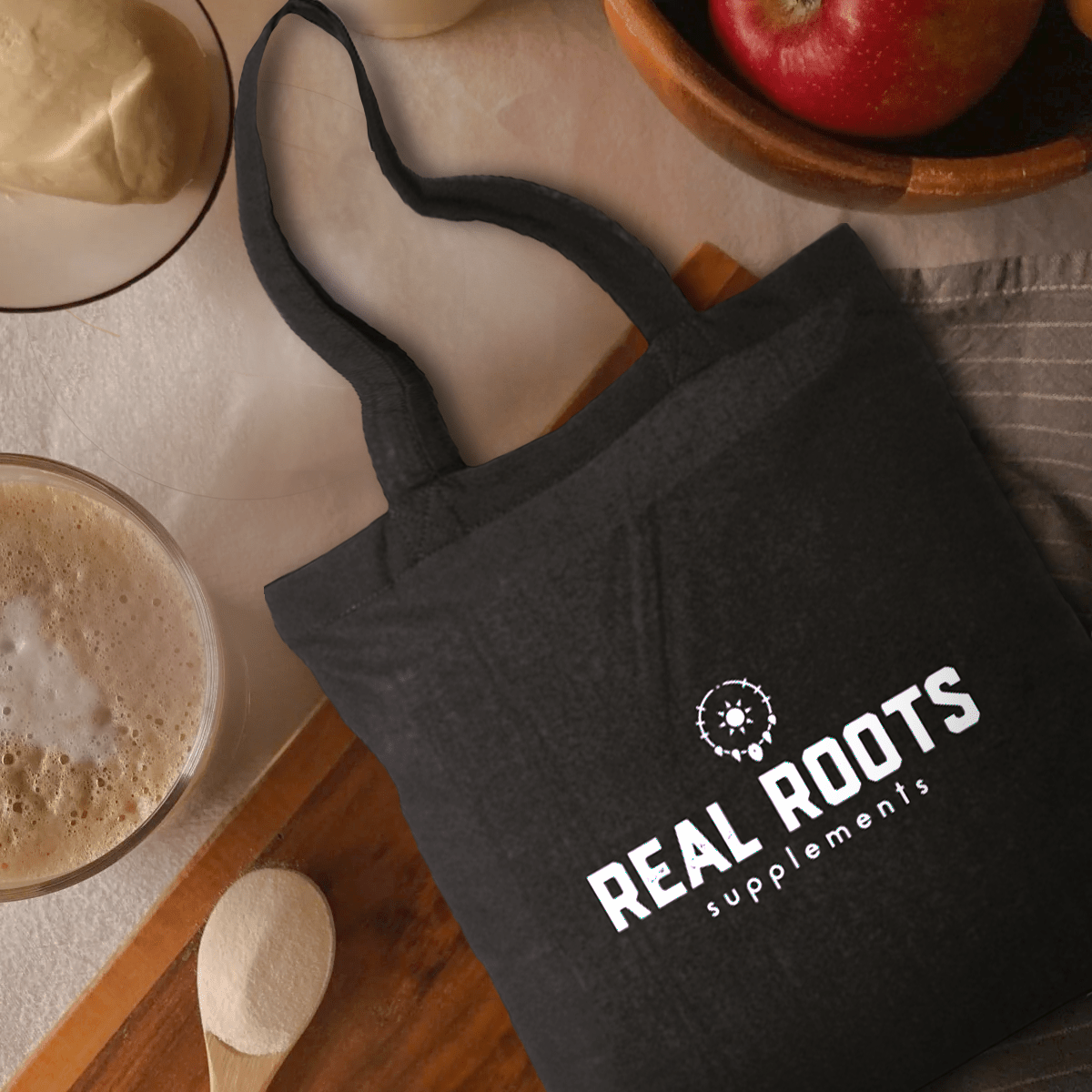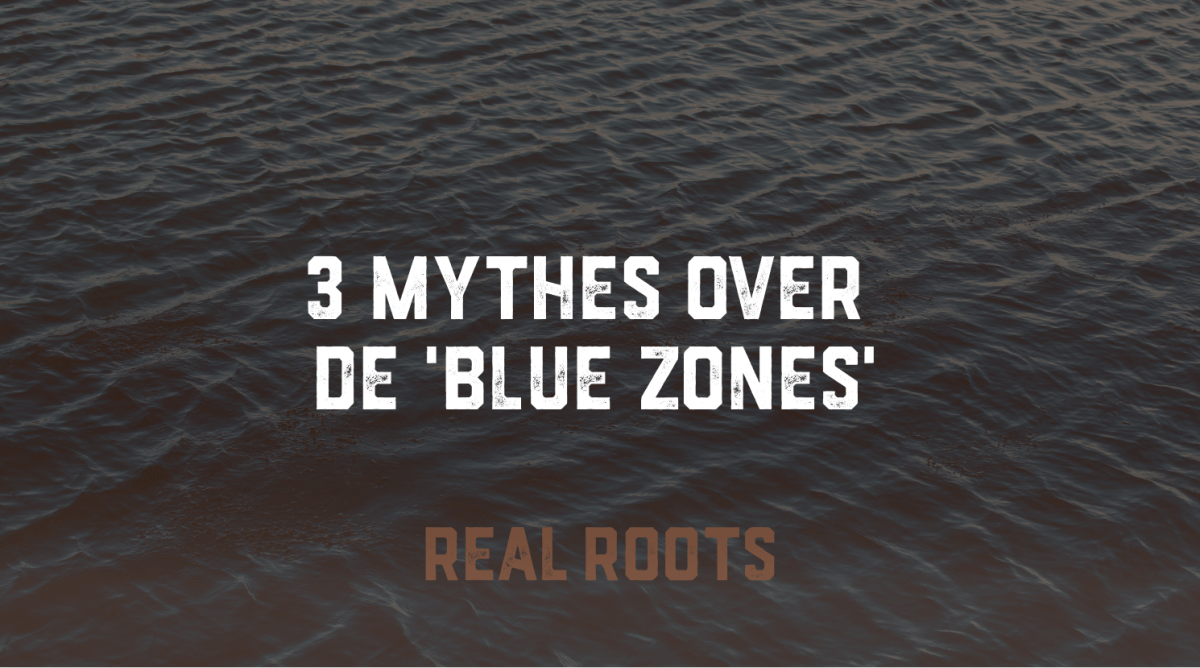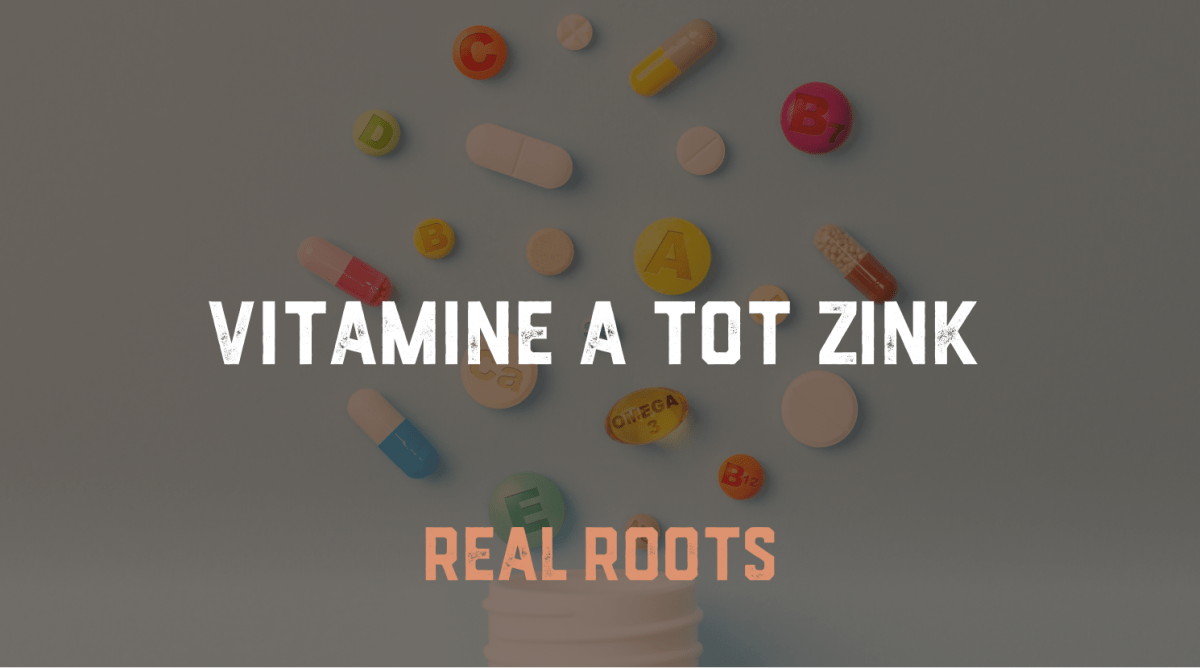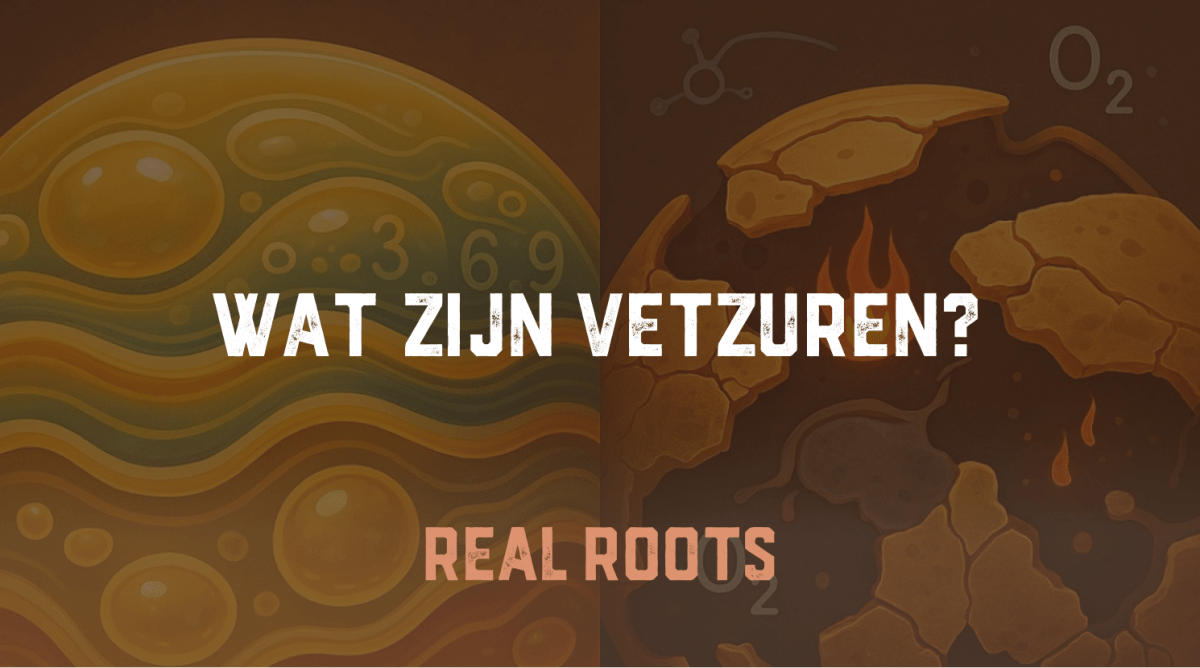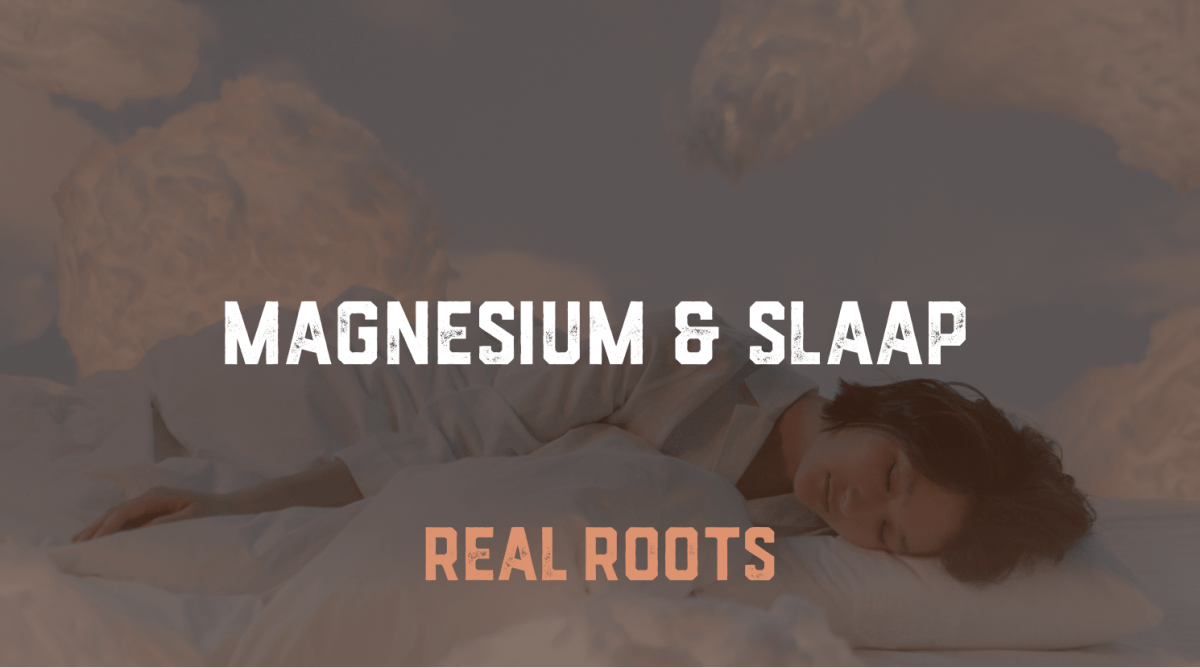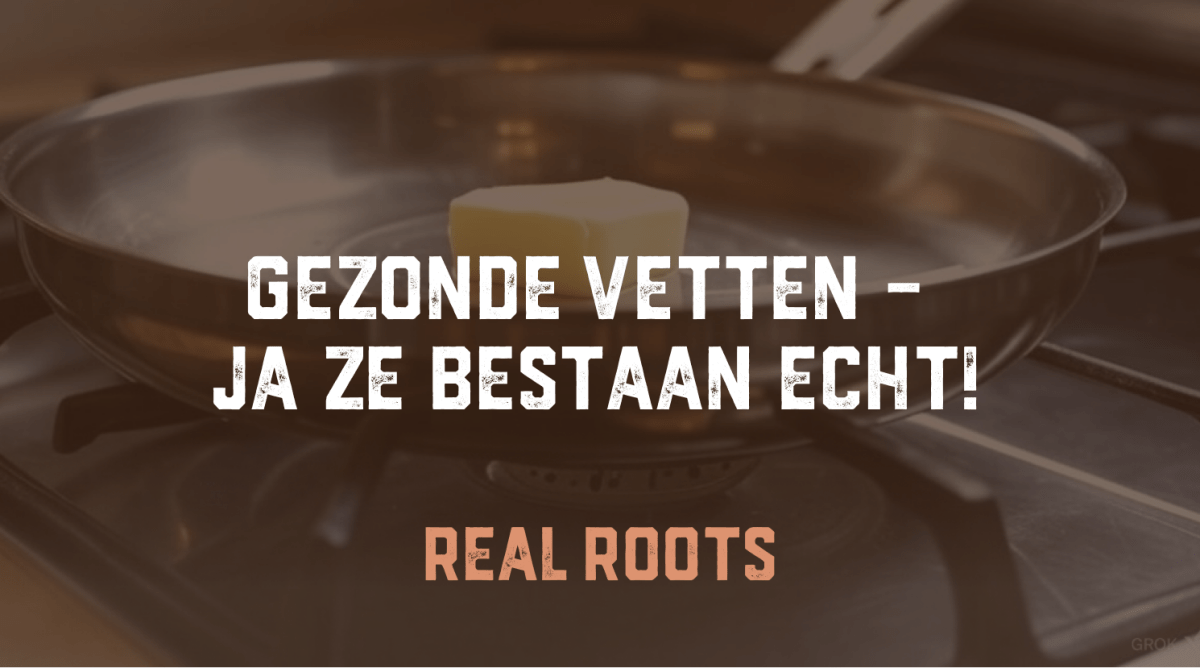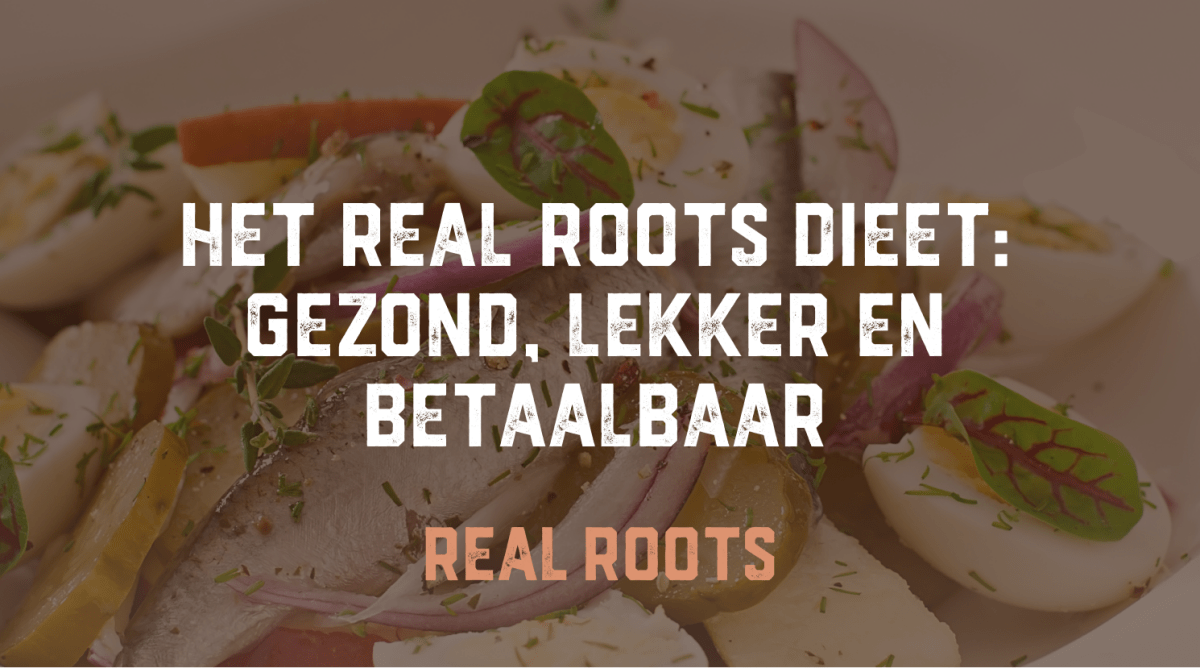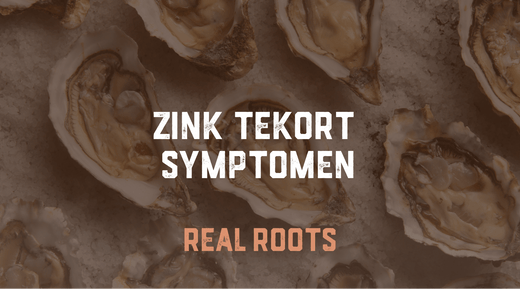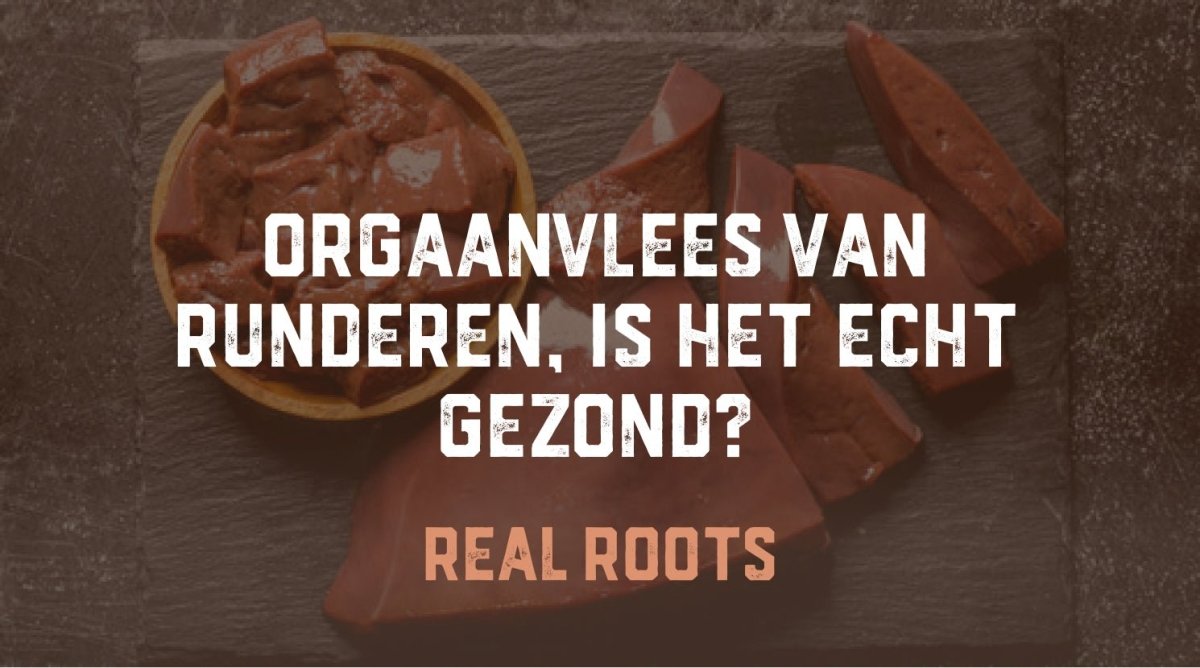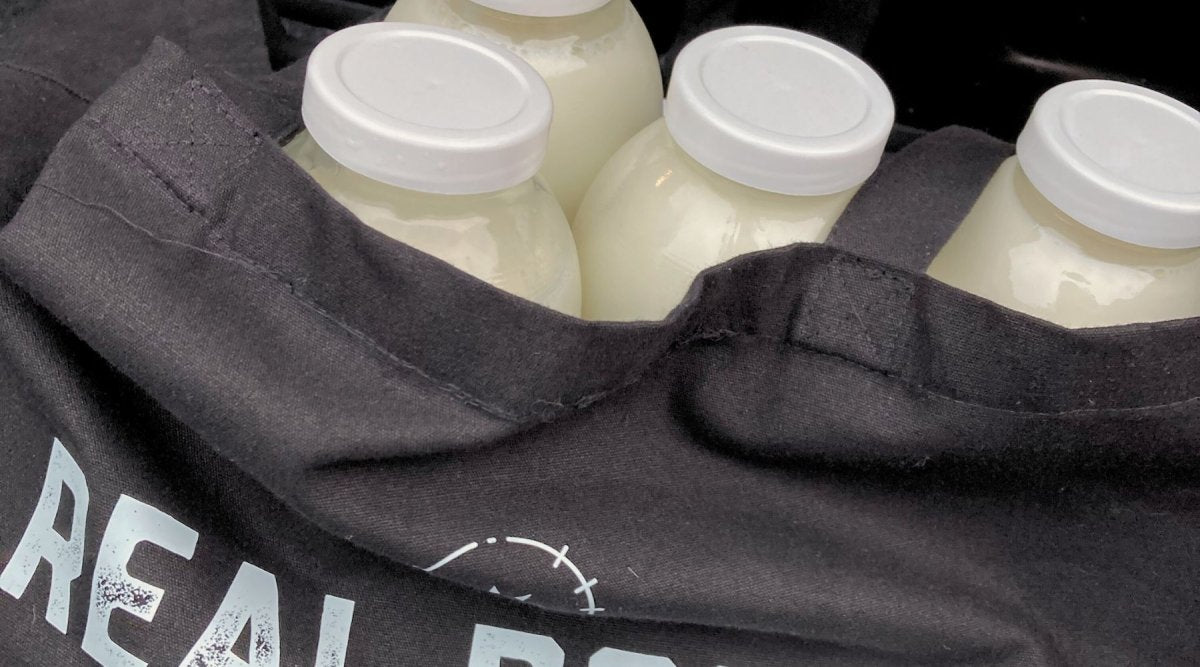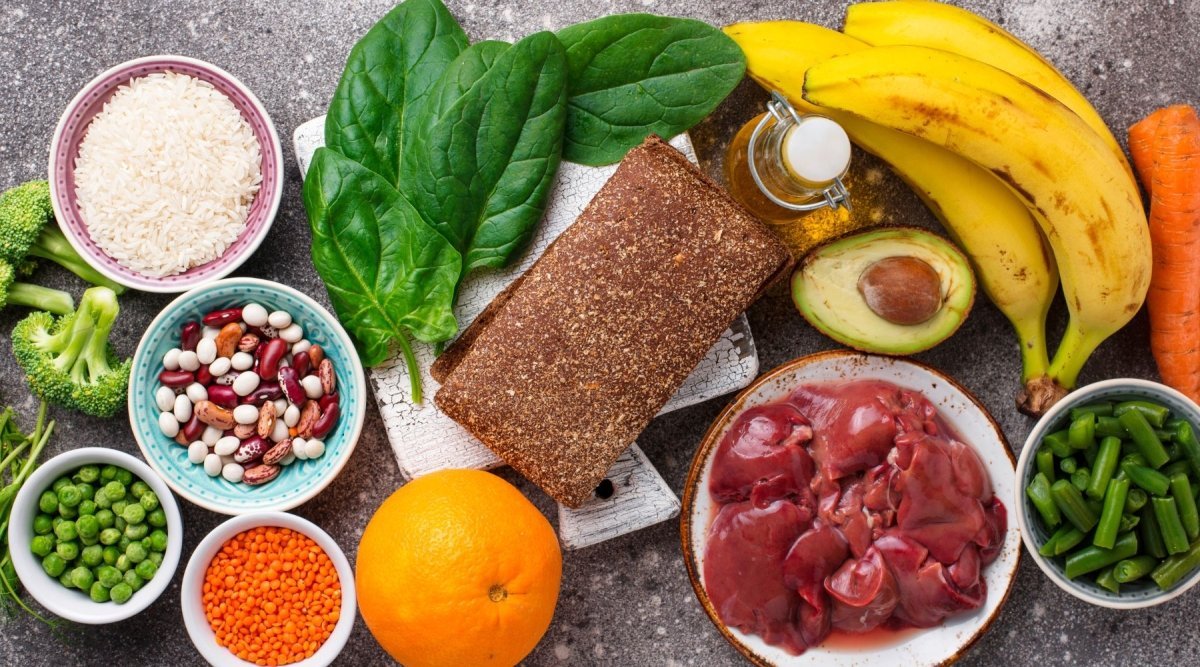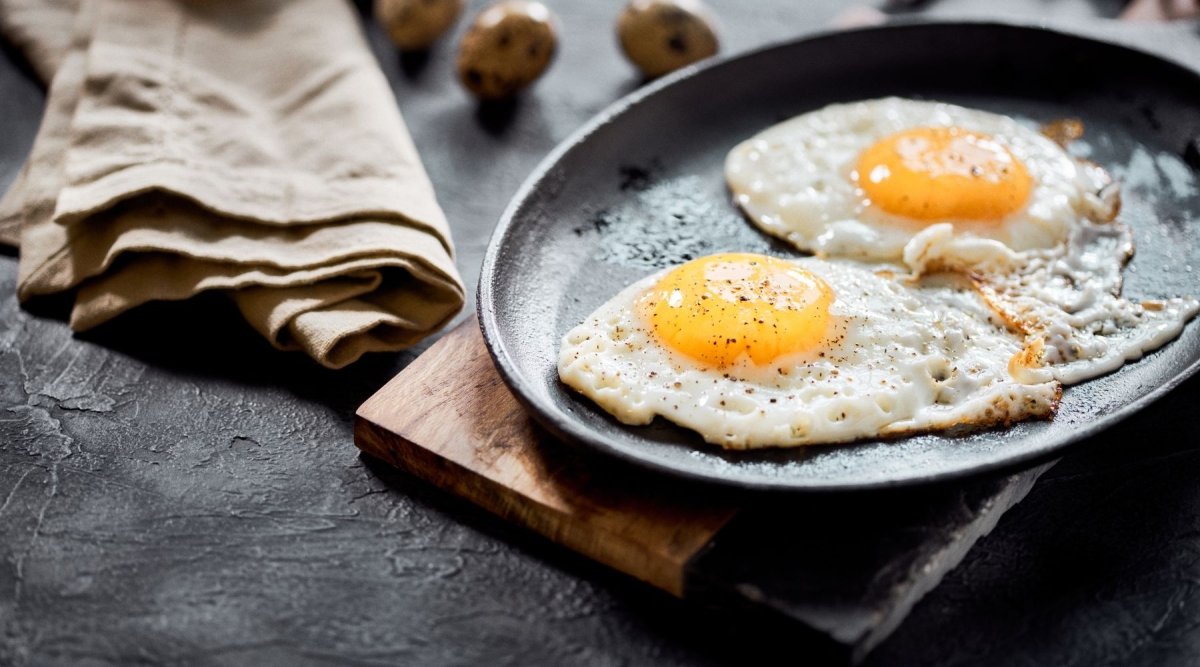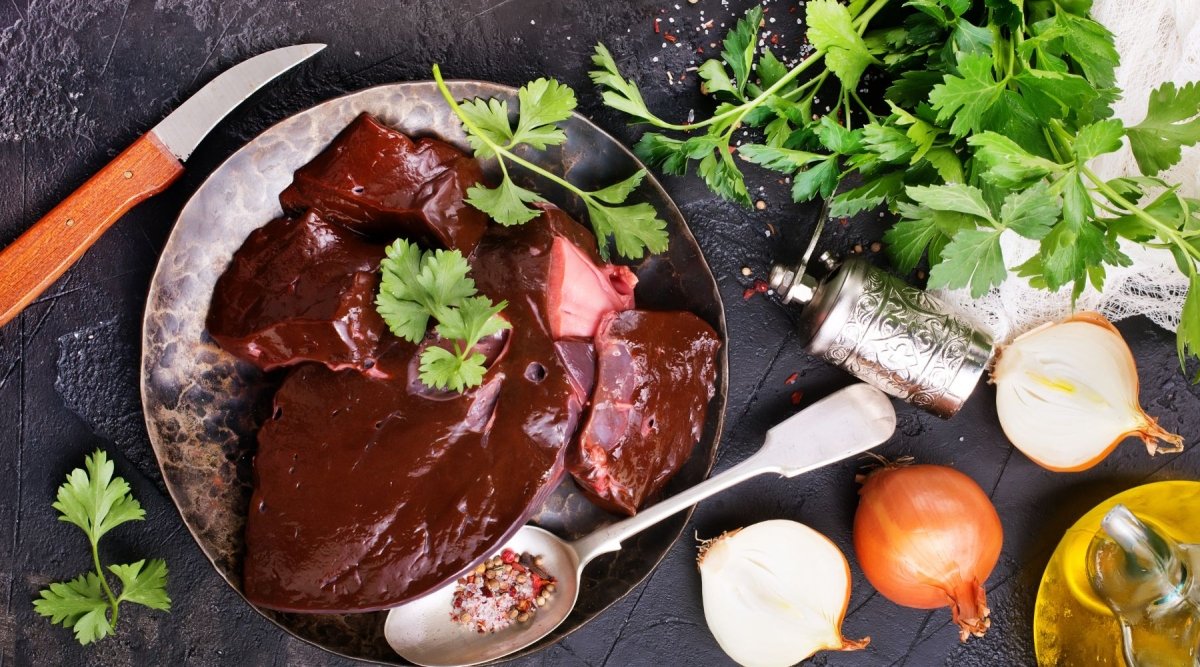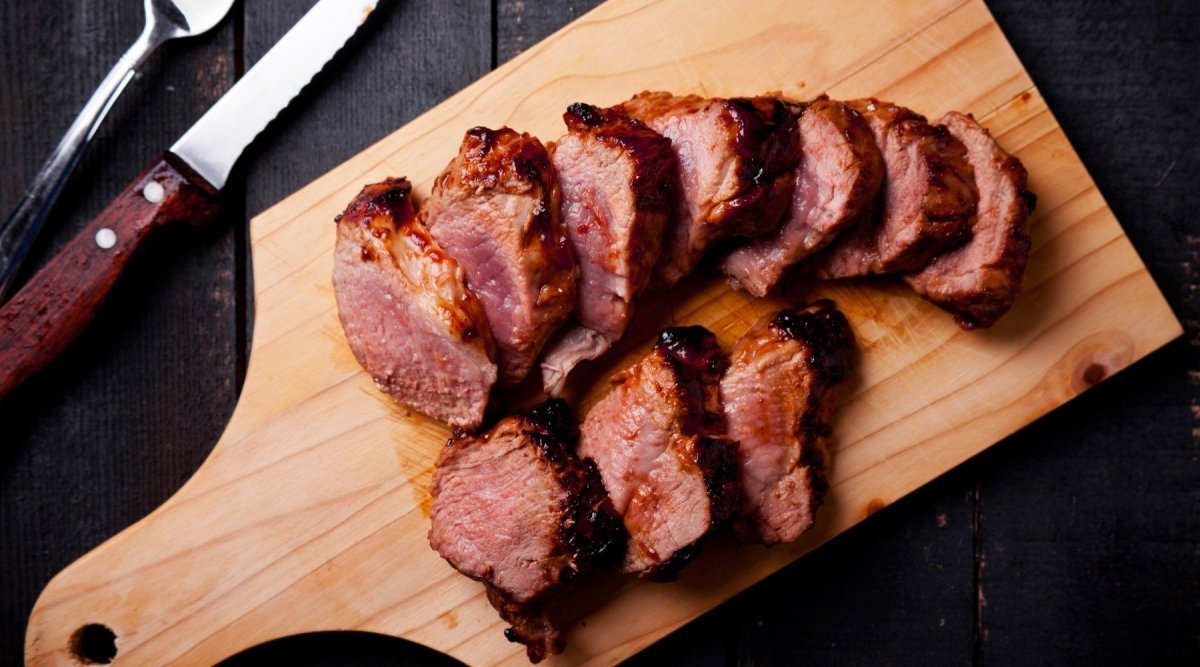After a vigorous walk in the warm sun, your body really asks for only one thing: "Give me back what I have lost." And that is much more than just water.
What do you lose during a walk in the sun?
Because what you lose during such a walk in the sun goes beyond just moisture. You sweat to cool down, and with that, you also lose electrolytes like sodium, potassium, magnesium, and chloride. Your muscles use sugars and fats for energy, and under the influence of sunlight, your cells operate at full speed. That calls for recovery.

Why drinking only water is not enough
Just drinking water is not enough. In fact, it can throw you off balance. Water without minerals can dilute your system, reducing the absorption of moisture in your cells. Without the right balance of minerals, you may feel tired, lightheaded, or irritable. Muscle cramps, palpitations, or headaches may then be lurking.
How your body truly hydrates
Compare your cells to a sponge. Without salt, they don't absorb moisture: they get wet on the outside but remain dry inside. That's why proper hydration is not just about drinking water – it's about smart replenishment. Think of water with a pinch of Celtic sea salt, possibly some lemon juice or coconut water, and something light to eat that contains fats and minerals – like avocado, broth, or an egg.
What you notice when you hydrate well
When you do this well, you notice that you recover faster. Your heart rate and blood pressure calm down faster, your mind stays clear, your energy remains stable. And you prevent typical complaints like headaches, cramps, or dizziness.
Proper hydration is therefore: water + salt + rest. This way your cells can function optimally again.

The role of natural sugars in hydration
Why is a little sugar (like from kefir or coconut water) actually valuable? Simple. Sugar – in the form of glucose – helps with faster absorption of minerals and fluids. Through the so-called glucose-sodium coupling, you pull water more easily into your cells. Without sugar, this takes longer. With a little natural sugar, you hydrate faster and deeper.
Extra energy and liver support
Moreover, that same sugar provides immediate energy for your brain and muscles. After exercise or sun exposure, your blood sugar can drop, and then a small amount of natural sugar from, for example, kefir or coconut water is exactly what you need. Kefir provides your milk sugars and probiotics. Coconut water combines glucose with potassium – perfect after sweat loss.
And your liver? It works overtime in heat, detox, or exercise. A little sugar can help relieve your liver a bit. That means less stress hormones – especially nice for those suffering from burnout symptoms or exhausted adrenal glands.
Choose natural sources
Note: this is not about isolated sugars. Think of natural sources like raw fermented kefir, pure coconut water, banana, honey, or dried fruits (in moderation). Soft drinks, packaged fruit juices, syrups, or ready-made sports drinks are therefore excluded.
How can I hydrate best?
A little natural sugar can actually help restore your fluid and mineral balance faster, replenish your energy, and support your system. Especially after exercise or hot days, that's no luxury.
Want a simple recovery drink or smoothie with the right proportions of water, salt, sugar, and lemon? Let me know, and I'll make a Gino recipe out of it 🍋💧😄
What electrolytes do at the cellular level
What do the four main electrolytes actually do at the cellular level? Sodium acts as the 'gatekeeper' and regulates the fluid balance outside the cell. Potassium is the 'builder' inside, responsible for cell tension, nerve impulses, and muscle function. Magnesium works as the 'relaxer' by regulating enzymes and calming the nervous system. And calcium? It drives the system: for muscle contractions, communication between cells, and your heartbeat. Together they work harmoniously via the sodium-potassium pump in your cell membranes. Without that pump, proper cell tension, nerve conduction, or muscle function is not possible.
